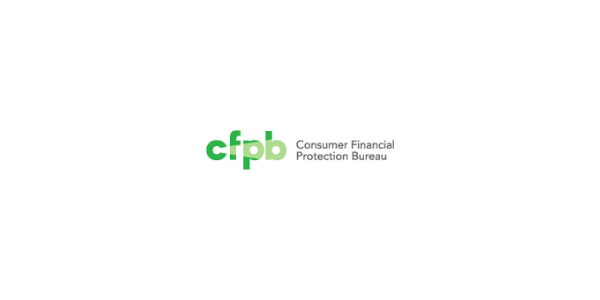Advertisement
Credit Plus Inc. relocates
Branching.... It's a jungle out thereCarol A. NapoliMortgage branching
So many companies are branching, today! There are national,
regional and statewide mortgage firms offering all types of branch
programs. It has become a real jungle out there in respect to
figuring out who offers what and for what price.
There are many categories to consider after you make the
decision to join a branch company. Before we examine them, make
sure you have given consideration to the motives of your decision.
Your reasons for the change, in conjunction with what the branching
company offers, are the only things that matter. Now let's try to
weed through it all.
There are many reasons why you might look to a branching
company: better pricing, multi-state lending authority, government
loan originations, predatory lending, non-disclosure of yield
spread premiums, compliance updates, training, back-room support or
an enhanced benefits program. If you own an existing mortgage
entity, you also need to compare what you are losing with what you
are gaining. Joining forces with a branch affiliate company usually
requires you to relinquish your current company, while giving up
some of your autonomy and a share of your commissions.
Doing your homework on potential branch companies is the most
valuable thing you can do. Like any other business, the branch
company needs to maintain its profitability, while providing
services that will meet your needs. Some of the basics to observe
should include: How quickly was your call returned? Was the person
on the other end of the phone knowledgeable? Do they have a package
for you to fill out? Did they ask you questions on your business
model or just explain their own? Do they do a due diligence check
on all of their branches? What are their long-term business plans?
It is in your best interest to be part of a company that has a due
diligence check on incoming branches. It is a good thing to know
that all of your fellow branches are in good standing, thereby
preventing the risk of paying the price for another branch's
potential wrongdoing. Some branch companies are looking to expand
their closed loan volume and sell their company. This can be an
advantage or it might leave you "branchless."
Let's break these branching companies down into two
categoriesbanking companies and brokerage companies.
Banking Firms
Will you be working off an internal rate sheet, and if so, are the
prices and fees comparable to what is offered in your marketplace?
Is there enough room to pay your loan officers and staff? Some
larger firms offer very competitive rate sheets and make their
profit in the secondary market while others provide you with the
"real" pricing and take a percentage and/or flat rate per loan.
Brokerage Firms
Is the compensation model based on percentages, fees, basis points,
a flat rate or a combination of all? Does the company have
"preferred lenders," and if so, will they pass the volume pricing
along to you in the branch?
There are other areas of consideration, as well: the right of
first refusal, out-of-state lending policies, corporate and branch
Web sites, corporate e-mail addresses, the type of loan origination
software you need to work with and marketing materials. While this
might sound trivial, these are all important tools that can bring
you to the next level and help you succeed. Are these tools
included in the branch program, and if not, what is the cost
associated with each of these services?
Now you can contrast the cost and value of branching. When it's
all weighed out, does the scale appear to be level? Plug your
numbers into their models and see if they make sense. Are you
trading in an Explorer for a Land Rover, an Explorer for another
Explorer with more options, or will you be driving a Honda CRV?
It might feel like a jungle out there, but with the proper
questions and due diligence, you will be able to make an educated
decision. And remember, always follow your gut!
Carol A. Napoli is the owner and founder of BranchCare
Consultants LLC. She can be reached at (856) 778-9164 or e-mail [email protected].
About the author





